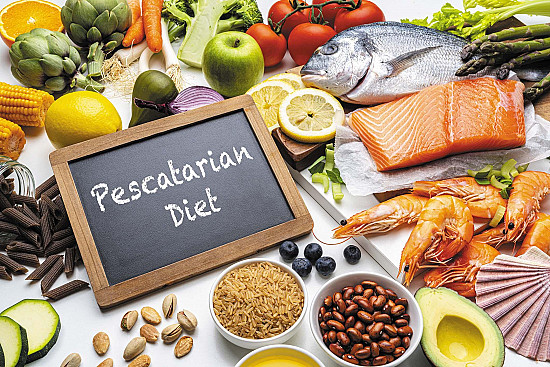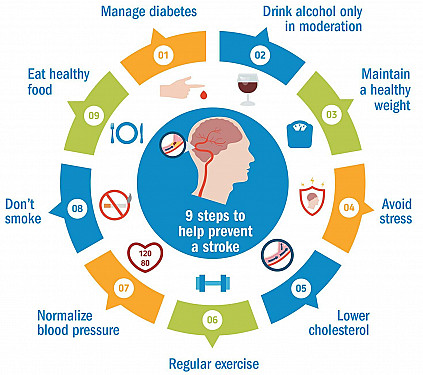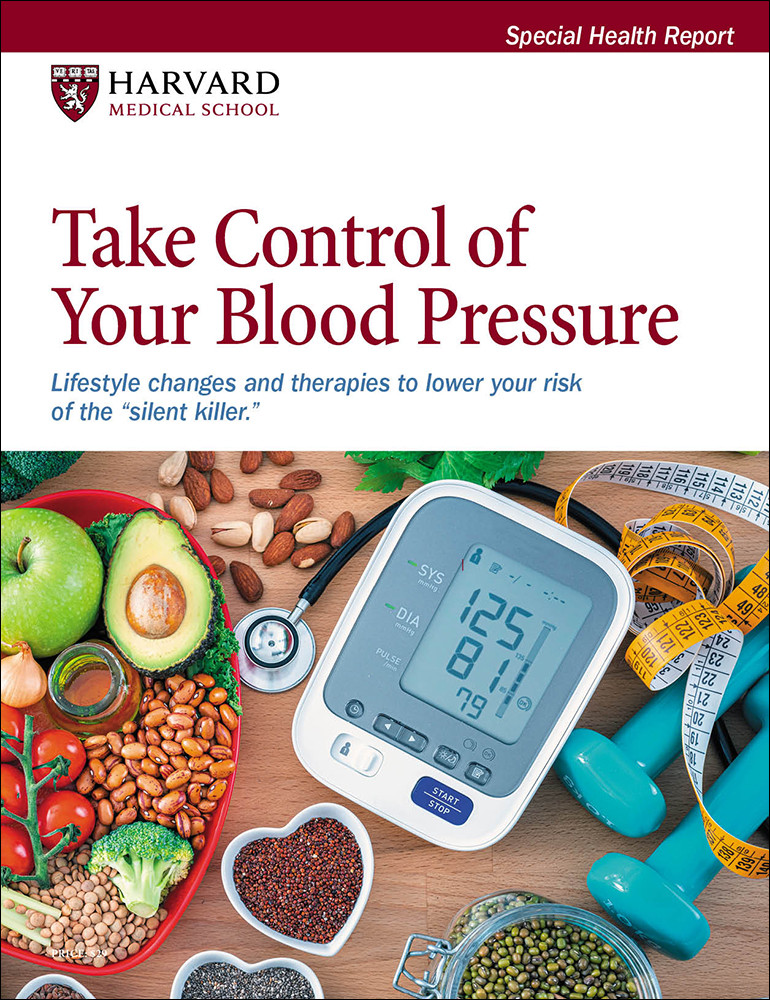Dietary salt and blood pressure: A complex connection
Genetic variations play a role in salt sensitivity, which affects your risk of heart disease.
- Reviewed by Christopher P. Cannon, MD, Editor in Chief, Harvard Heart Letter; Editorial Advisory Board Member, Harvard Health Publishing

One of the cardinal rules of heart-healthy eating is to avoid excess salt, which makes sense. The average American consumes the equivalent of about 1½ teaspoons of salt per day — about 50% more than the recommended amount. Getting too much sodium (a main component of salt) is closely linked to having high blood pressure (see "How sodium affects blood pressure").
But on an individual basis, people respond differently to sodium. About a third of healthy people — and about 60% of people with high blood pressure — are salt sensitive, meaning they have a strong response to dietary sodium. Their blood pressure rises by 5 points or more if they switch from a low-salt to a high-salt diet. However, an estimated one in 10 people have what's called inverse salt sensitivity: their blood pressure goes up when they eat less salt.
Unfortunately, there's no easy way to tell who is sensitive or insensitive to salt, and many people fall somewhere in the middle of those two extremes. But research is helping unravel the genetic basis of these differences, which may one day improve how doctors treat high blood pressure, according to endocrinologist Dr. Gordon Williams, professor of medicine at Harvard Medical School.
How sodium affects blood pressureYour body responds to excess sodium by holding on to water to dilute the sodium. As a result, the amount of fluid within your blood vessels increases. That raises the pressure inside your blood vessels and makes the heart work harder. In fact, excess sodium essentially counteracts the benefits of two types of blood pressure medications — namely, diuretics and vasodilators. Diuretics* help flush excess fluid and sodium from the body, while vasodilators* relax blood vessel walls. A high-sodium diet will cause the body to retain additional fluid and refill your relaxed arteries, putting you back where you started. *The American Heart Association describes and lists examples of common heart medications, including blood pressure medications, here: health.harvard.edu/heartattacktreatment. |
The genetics of salt sensitivity
To date, there are 18 known genetic variants associated with salt sensitivity and blood pressure. Dr. Williams and colleagues recently discovered that one variant that encodes a protein called striatin leads to salt sensitivity by two distinct mechanisms that differ by sex. "In men, the striatin variant causes problems with blood flow through the kidneys. But in women, the variant causes an inappropriate rise in the hormone aldosterone," says Dr. Williams. Secreted by the adrenal glands, aldosterone helps the kidneys regulate water, sodium, and potassium.
Targeted treatment?
The findings, published in the February 2024 issue of Hypertension, could have implications for treating high blood pressure. Men with the striatin variant would respond better to blood pressure drugs known as ACE inhibitors and angiotensin-receptor blockers,* whereas women would benefit more from drugs that target aldosterone and act as diuretics, called mineralocorticoid-receptor antagonists.*
In fact, giving the "wrong" drug (that is, a drug different than what the genetic findings suggest would be best) might even be detrimental, says Dr. Williams. Of note: This study included only white people. Black people may be more likely to have salt sensitivity than whites, possibly due to other genetic variants that predispose them to retain sodium.
Genetic differences related to how people's bodies handle salt help explain the longstanding observation that for some people, finding the best blood pressure drug is a matter of trial and error, Williams says. "If one drug doesn't work, we try other drugs from different classes until we find a combination that works," he says. Salt-sensitivity genes may also explain why some people have low blood pressure despite eating a high-salt diet.
Using a person's genetic profile to optimize drug therapy — an approach known as precision medicine — is already used to treat many cancers and certain rare genetic diseases. One day, we may be able to apply this same precision to high blood pressure. "If future clinical trials confirm the most important variants, a simple blood test could reveal which blood pressure drugs would work best for you, and how much salt is safe for you to consume," says Dr. Williams.
Image: © LifestyleVisuals/Getty Images
About the Author

Julie Corliss, Executive Editor, Harvard Heart Letter
About the Reviewer

Christopher P. Cannon, MD, Editor in Chief, Harvard Heart Letter; Editorial Advisory Board Member, Harvard Health Publishing
Disclaimer:
As a service to our readers, Harvard Health Publishing provides access to our library of archived content. Please note the date of last review or update on all articles.
No content on this site, regardless of date, should ever be used as a substitute for direct medical advice from your doctor or other qualified clinician.
















